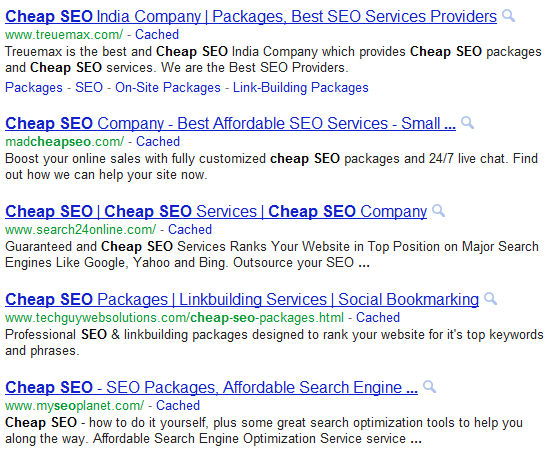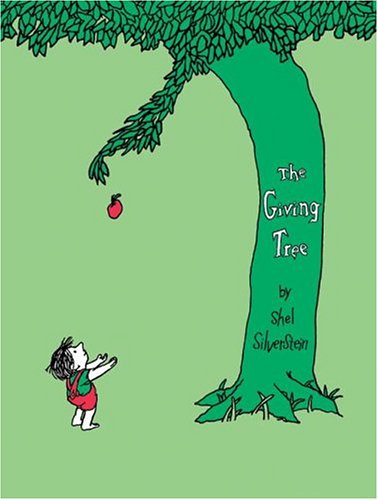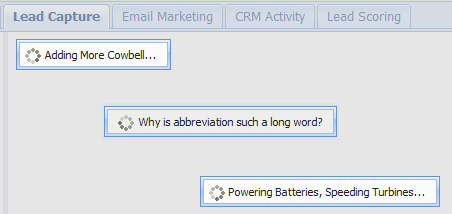I was recently surprised to find Google’s keyword tool reporting more than 44,000 monthly searches for “cheap SEO.” Many of the results, as you’d guess, are offshore companies using less-than-wholesome SEO tactics — but I bet you they get business.
For reference, the first 5 organic Google results ranking for “cheap SEO” look like this:
“Cheap SEO” companies get business because SEO is tremendously confusing.
Consider theRead more…
Continue reading >I was recently surprised to find Google’s keyword tool reporting more than 44,000 monthly searches for “cheap SEO.” Many of the results, as you’d guess, are offshore companies using less-than-wholesome SEO tactics — but I bet you they get business.
For reference, the first 5 organic Google results ranking for “cheap SEO” look like this:
“Cheap SEO” companies get business because SEO is tremendously confusing.
Consider the difference between hiring an SEO contractor and hiring a salesperson for your small business:
Salesperson
- Most business owners know what to look for in a great sales candidate
- Most business owners have done the job of the sales warrior at some stage; they got to where they are by selling their own ideas
- Measuring success is easy and relatively fast in most sales cycles
SEO contractor
- Many business owners have a light understanding of SEO principles, at best
- Most business owners have never done hands-on SEO; they have to rely on what they’re told and what they’re “sold”
- Measuring success is tricky as SEO takes many months to propagate
- SEO is a high-maintenance channel
It’s no surprise that executives and business owners are daunted, and because the understanding of SEO is weak, the promise of “cheap SEO” is very enticing. You can “test it out” with a small budget, and if it “doesn’t work” you can move on without taking a big hit.
The problem with this approach is that optimizing your site for organic search isn’t a one-shot makeover, and the time of people who are great at it is worth a lot more than the $10/hour you can get on Odesk.
This approach is analogous to hiring a junior salesperson at $40,000/year to sell a complex, long-cycle B2B software tool. You might be able to shoehorn something, but if it doesn’t work out — while you haven’t taken a big hit, you also haven’t really tested or learned anything. If you fire your junior sales guy (or gal), you haven’t determined the tool can’t be sold; you’ve simply determined it can’t be sold by cheap help.
Why writing 6-figure checks for SEO expertise is hard to swallow
- You can’t measure success quickly enough
- Cheap SEO services seem to be available all over the web — how can I distinguish between them?
- It’s not immediately clear what you’re getting
Good point. Why is it that you see what should be a relative commodity — the “SEO audit” — priced at $1,000 in some neighborhoods, at $5,000 in others and sometimes at $35,000?
Well, there’s a few reasons. First, SEO for a simple site is very different from SEO for a complex site. Second, there are a bunch of crappy companies out there that offer cheap SEO. What makes them crappy is this: a strong SEO action plan requires profound research.
Choosing which keywords you target is a very critical decision. You can spend an hour on the research, 9 hours on HTML recommendations and troubleshooting, and sell a $1,000 audit. Conversely, it can take many hours to consult weapons-grade SEO tools like SEOmoz, Raventools and the like, and ensure you’re choosing terms that are sufficiently high in volume, not overly competitive and, importantly, terms that you can actually rank for, given the content of your site.
It’s the same story when developing a content strategy, troubleshooting your site for potential indexing problems, building a backlink footprint and the rest.
Why it doesn’t matter that you can’t “see” the results of SEO right away
Think about how you get traffic to your site. Chances are you’re paying for traffic in some way. It could be any of these channels:
- Paid search
- Display ads
- Other PPC advertising
- Affiliates
- TV / radio ads
- Blogging
- Email marketing
No matter what you’re doing to get customers to your site, you’re spending time on it, and in many cases you’re paying by the click, too.
If your average cost per click across all channels is $1.25, you should think of every organic visit your site gets as a $1.25 credit against your account. If you grow your organic traffic to as little as 1,000 visits per month, that’s a $1,250 return on your investment — plus what each conversion is worth.
The bottom line: Cheap SEO is a mirage, good SEO is the real Giving Tree
The point I’m trying to make, and perhaps belaboring, is this: cheap SEO is bullshit, and good SEO appears expensive because it’s uncertain and difficult to measure. There are no guarantees in search engine rankings (company who give them are, well… disingenuous at best). But, actually, done successfully, a site well-optimized for organic search can be among the greatest assets of a business and can generate tremendous revenue from free traffic. SEO is the Giving Tree of online marketing.
...Read less




